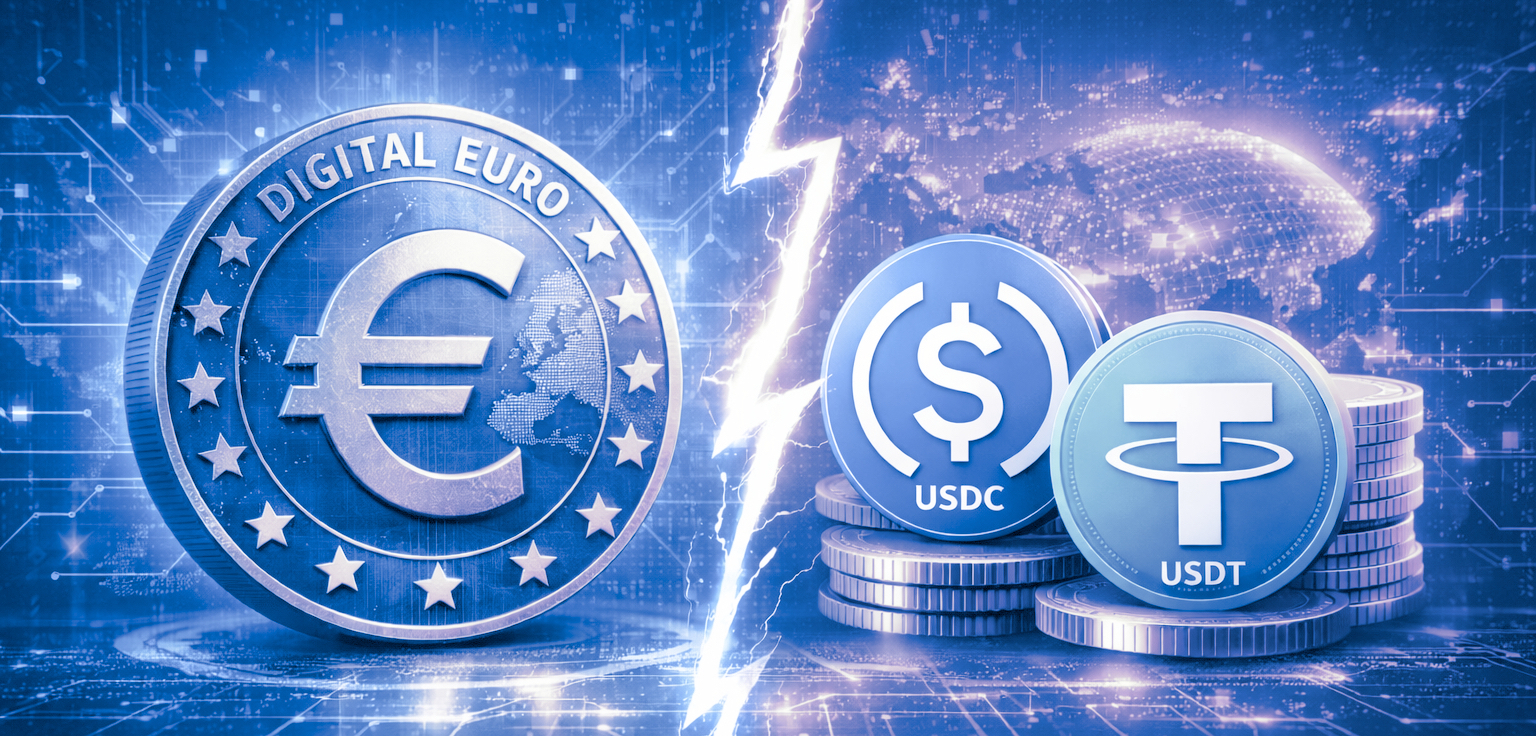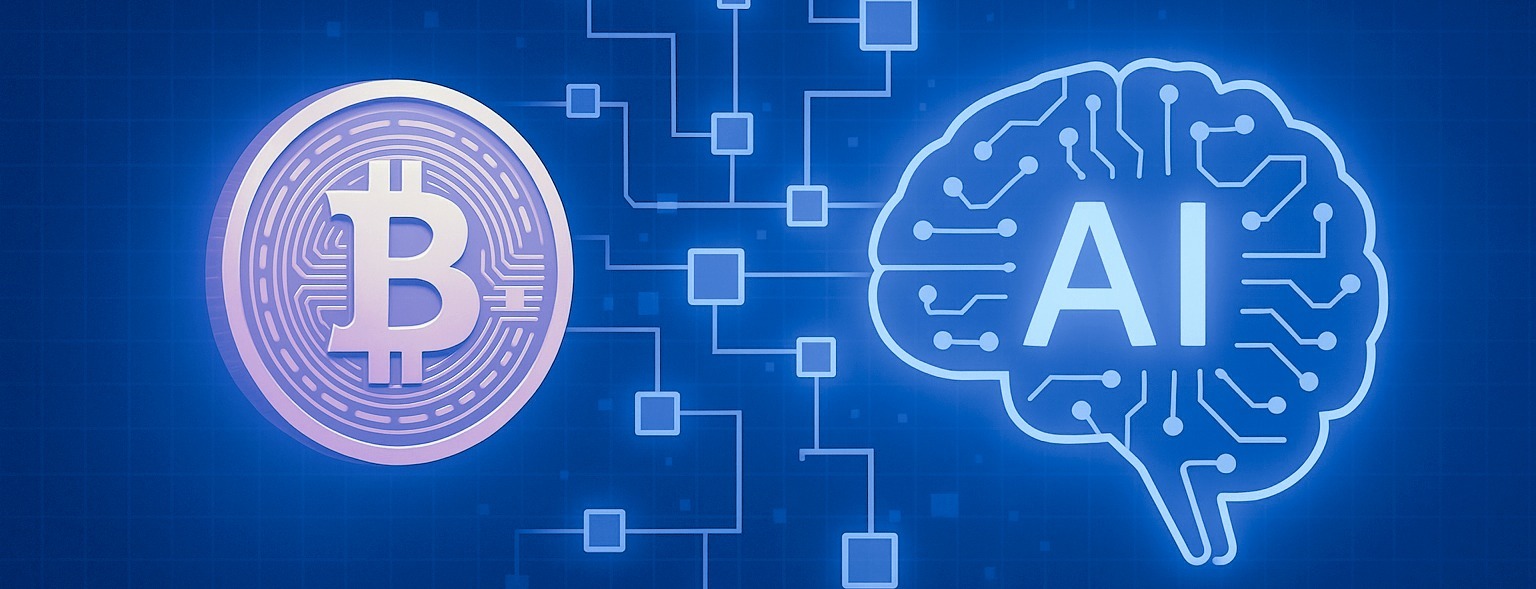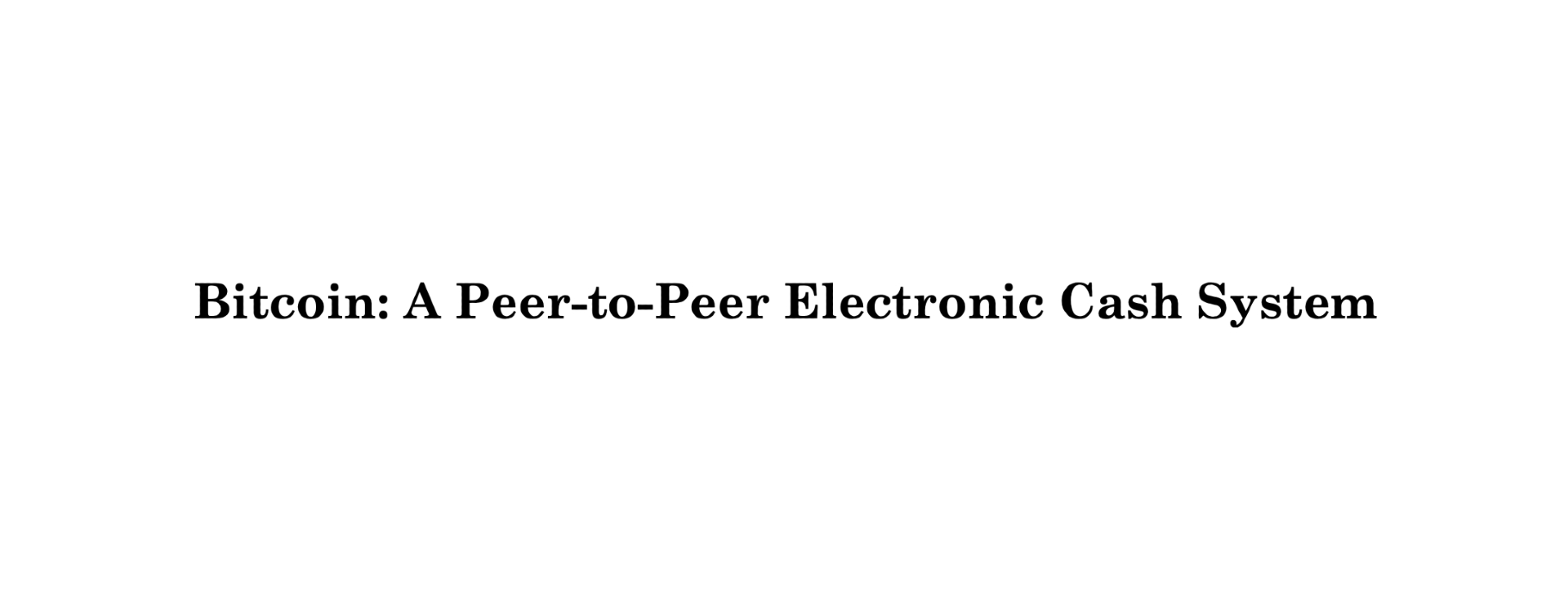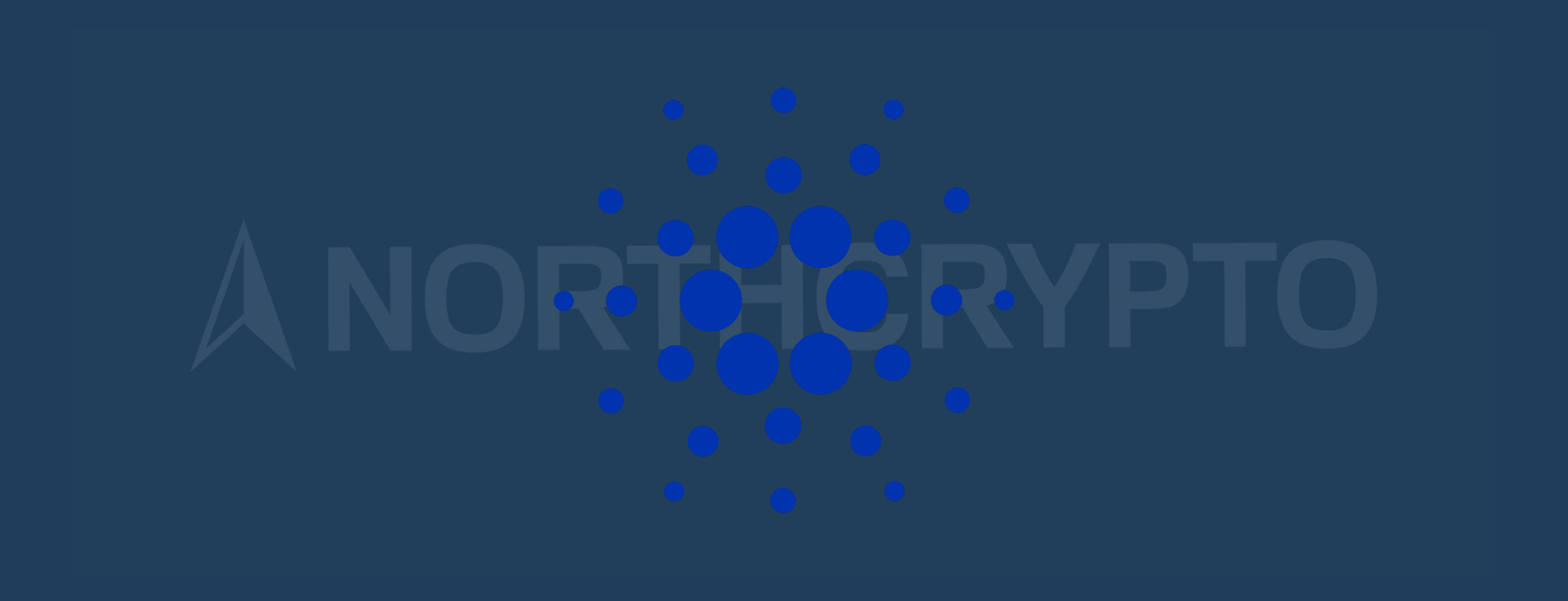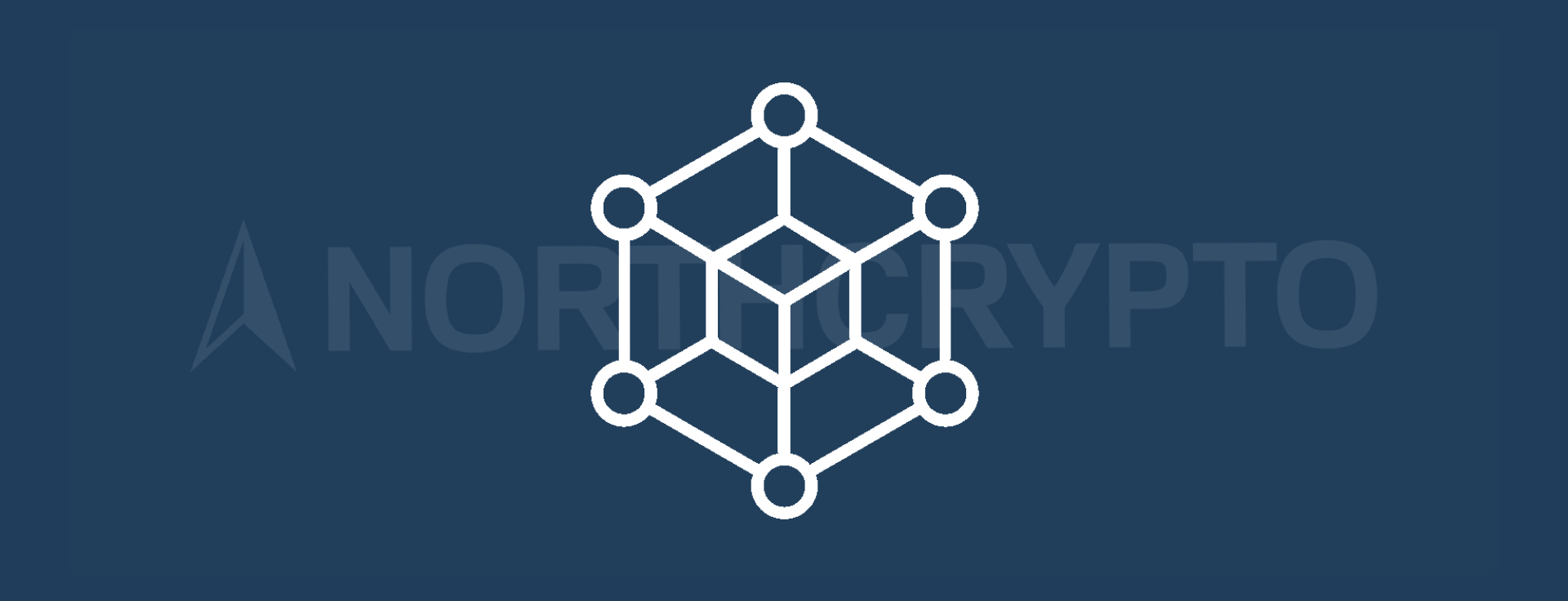Blockchain and its benefits
Blockchain
The blockchain is one of the most talked about technological innovations in recent years, and it has very high expectations around the world. It is possible to utilize the blockchain for several various purposes. The blockchain is also closely related to cryptocurrencies. Each cryptocurrency requires a blockchain to work. Thus, without blockchains, there would also be no cryptocurrencies. This article aims to talk about blockchains and the benefits they bring.
What is a blockchain?
Blockchain refers to a technology that allows different parties in a blockchain to create and maintain various distributed databases. The blockchain can also be seen as a kind of ledger that is shared among peer-to-peer entities. In the blockchain, all data is stored on each server that maintains the network. These servers communicate with each other to form a distributed network.
The blockchain allows people several various benefits. The most significant benefits that the blockchain brings are trust and security. The security of the blockchain is based on decentralization. In practice, decentralization is implemented by distributing the data stored in the blockchain to several servers maintaining the network, i.e., nodes. The more nodes the blockchain has, the safer it is. Because of decentralization, there are no critical points in the blockchain familiar from traditional, centralized databases that are prone to hacking.
It is practically impossible to modify the data stored in the blockchain afterward, and it is also possible to trace all the functions performed in the blockchain afterward. The blockchain members can trust each other and the correctness of the data performed in the blockchain even if they do not know each other. The blockchain also allows the parties to do business without third parties and other trust-building processes.
In practice, a blockchain consists of interconnected blocks that contain a certain amount of data. When the last block has collected as much data as can fit in that block, it is appended to the blockchain as a new block. Blockchain can be said to be data that is in the chain. It is possible to utilize blockchains in a very versatile way for different uses. Today, one of the most popular uses for blockchains is various blockchain-based cryptocurrencies.
Bitcoin was the first blockchain-based cryptocurrency. The blockchain makes it possible any single party can not influence bitcoin's operation by its own actions. Bitcoin is also completely immune to traditional threats such as hacking and trust issues. Bitcoin's blockchain is an open blockchain. Anyone can choose to set up their node and become a bitcoin blockchain administrator along with tens of thousands of other nodes. Thanks to the large number of nodes that support bitcoin's blockchain, bitcoin can today be called the world's largest distributed computing operation.
Let's take a closer look at the most important things made possible by blockchains.
Blockchain and security
One of the most significant benefits of blockchains to traditional systems is the blockchain's security. The data contained in the blockchain is distributed, while in centralized systems, the data is stored in a single location, making it automatically exposed to various threats. Indeed, in recent years, we have heard several times about cases where information in centralized databases has fallen into the hands of hackers.
In a blockchain, all data is stored on servers running the network, countless in one blockchain. Therefore, if you want to keep data in a reliable and safe place, the blockchain is the best option for this.
Blockchain and trust
In the traditional centralized data model, one of the biggest problems is trust in the data controller. Today, most of the world's data is stored on centralized servers. These servers, in turn, are typically managed by large individual companies. This means that those who control the data can also use the data they collect for their purposes. A good example is Google, which owns all the internet searches you do and can do practically anything with these.
The blockchain also allows, in an unprecedented way, that the data is always reliable. It is practically impossible to falsify events stored in a blockchain. Thanks to the blockchain, various parties can always trust the accuracy of the data. The blockchain allows completely unknown parties to trust each other without third parties and heavy trust processes. The blockchain will revolutionize the way people manage wealth and make contracts. Thanks to the blockchain, people can manage and send wealth without intermediaries like banks. In making a contract, people, on the other hand, no longer need the help of third parties such as lawyers.
Blockchain and cryptocurrencies
The blockchain is the backbone of every cryptocurrency. New cryptocurrencies are emerging at a constant rate, and they offer solutions to more and more real-life problems. Bitcoin is the most popular blockchain-based cryptocurrency in the world. Launched in 2009, bitcoin is also the first blockchain application in history. Bitcoin is a digital payment system that can also be called digital gold due to its absolute scarcity.
Blockchain-based cryptocurrencies offer solutions to many real-world problems. With cryptocurrencies, anyone can store and send fortunes to others without intermediaries. With various DeFi services built on blockchains, services familiar from traditional banks are brought to a distributed environment accessible to all people. There is only imagination as a limit to the possible uses of cryptocurrencies, and in the future, we are likely to encounter increasingly revolutionary innovations built on blockchains.
The future of blockchains
The blockchain effectively eliminates the challenges familiar from traditional centralized data storage and allows for complete trust between various parties. Cryptocurrencies are one of the most well-known applications that utilize the blockchain today. Cryptocurrencies offer solutions to precisely those things that use the blockchain at its best. The use of blockchain in various sectors is continuously growing, and cryptocurrencies are just one of many things made possible by blockchain technology.
The interest in blockchains and the opportunities they offer is currently massive, and the world's largest companies are investing huge amounts of money in developing their blockchain-based solutions. All indications tell that the use of blockchains is likely to become explosive in the future, and the impact of various blockchain-based solutions on our daily lives will be more significant than we can even imagine.
Mikko Soon
Cryptocurrency specialist
Last updated: 10.03.2022 14:39
